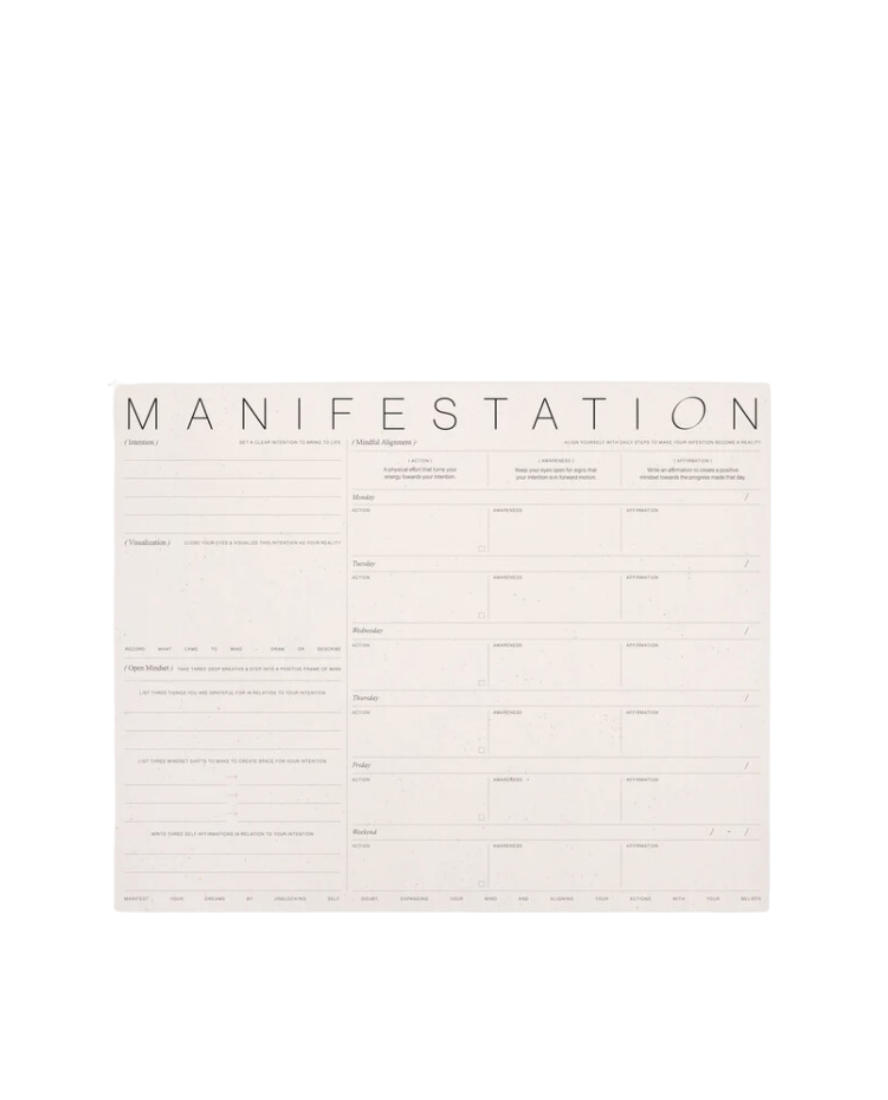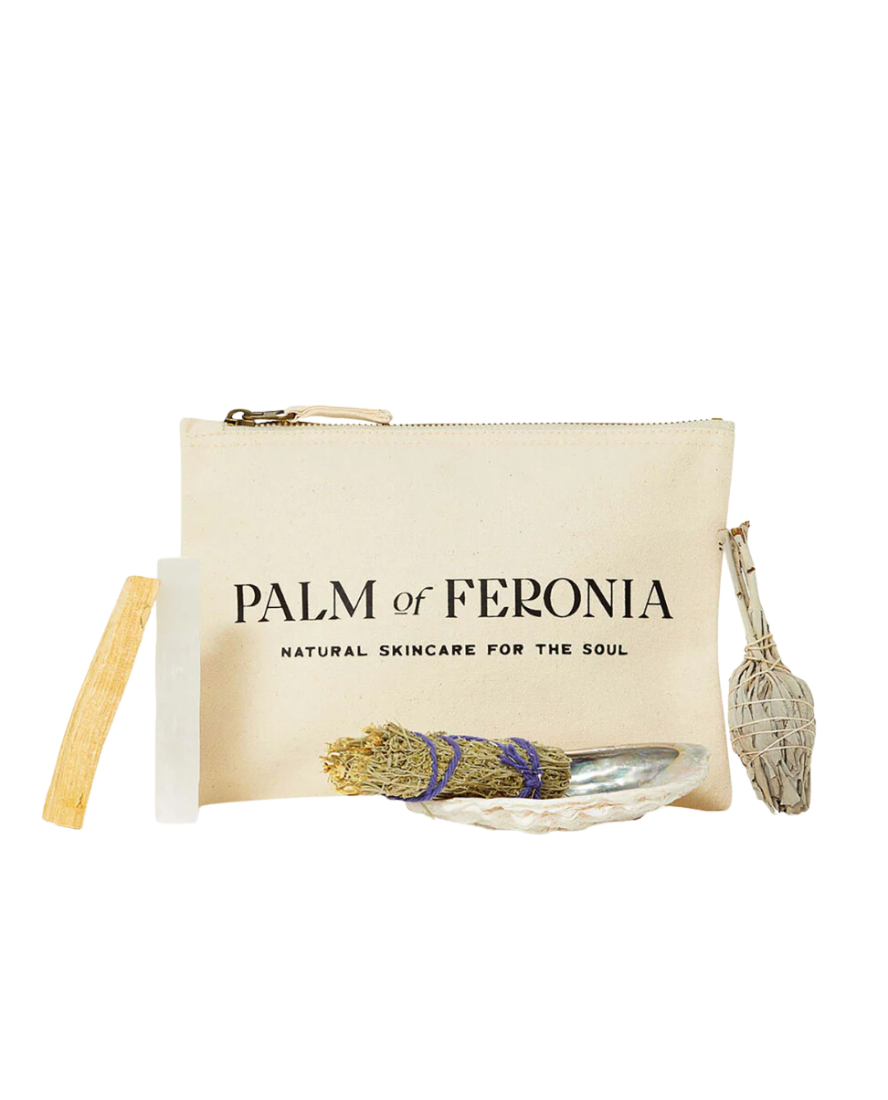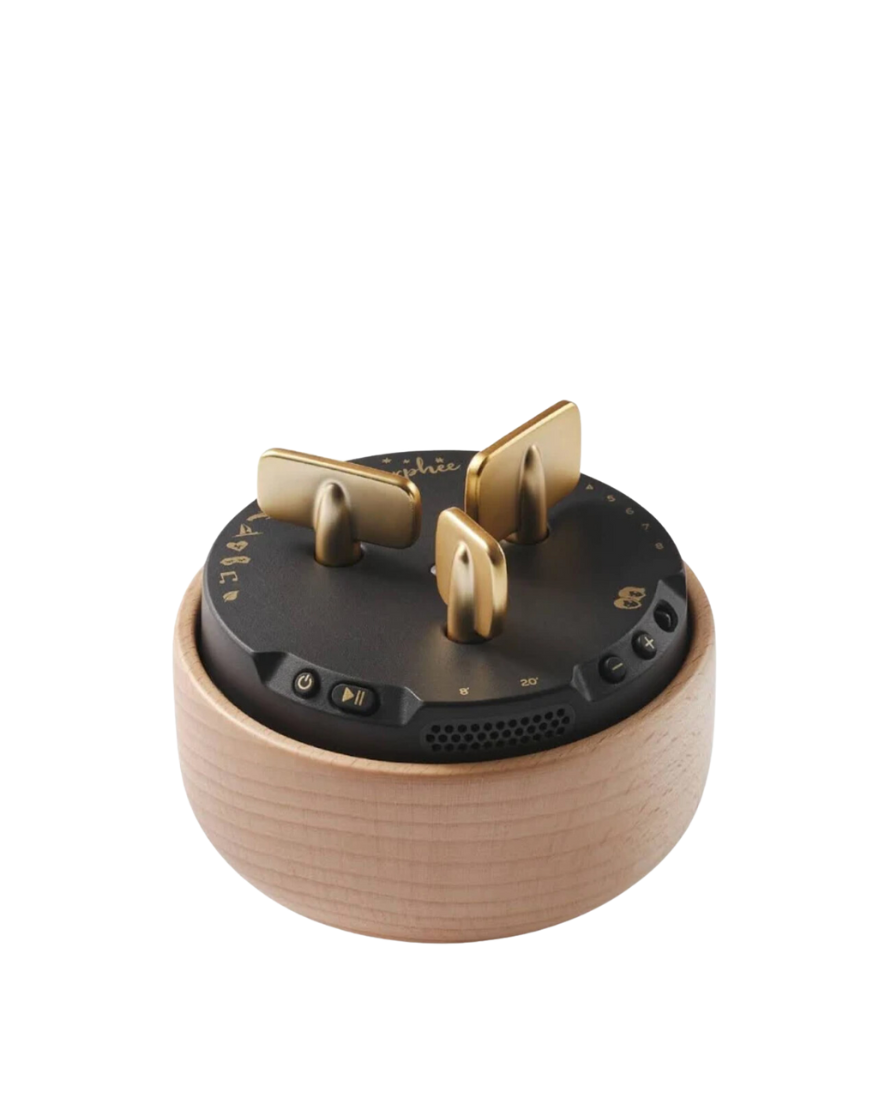If you believe you or someone you know might be in a trauma bond relationship, the most important thing is to get external help. This can be in the form of a trusted person outside of the relationship, like a friend, a family member, a support group, or a mental health professional, who can help you see things clearly and be honest with yourself about the gravity of the situation.
You’ll need to make sure you’re physically safe from harm and put as much distance between you and your abuse as you can, while you figure out your next steps both from a legal and an emotional standpoint.
Trauma-focused types of therapies and treatments such as Eye movement desensitisation and reprocessing (EMDR), cognitive behavioural therapy (CBT), Cognitive analytic therapy (CAT), somatic experiencing, body-focused therapies, EFT and so on can really help when it comes to addressing the way our past experiences can impact our beliefs and approaches to life, even years after the experience in question.
It’s not easy to prioritise yourself and your healing, and while ending any type of dysfunctional relationship can feel overwhelming and at times impossible, it really is worth it. And it all starts with understanding your situation and getting the right support.
Author’s Note: If you or someone you know is experiencing domestic abuse, call 111 or National Domestic Abuse Helpline at 0808 2000 247 or visit www.nationaldahelpline.org.uk to chat to an operator.






























